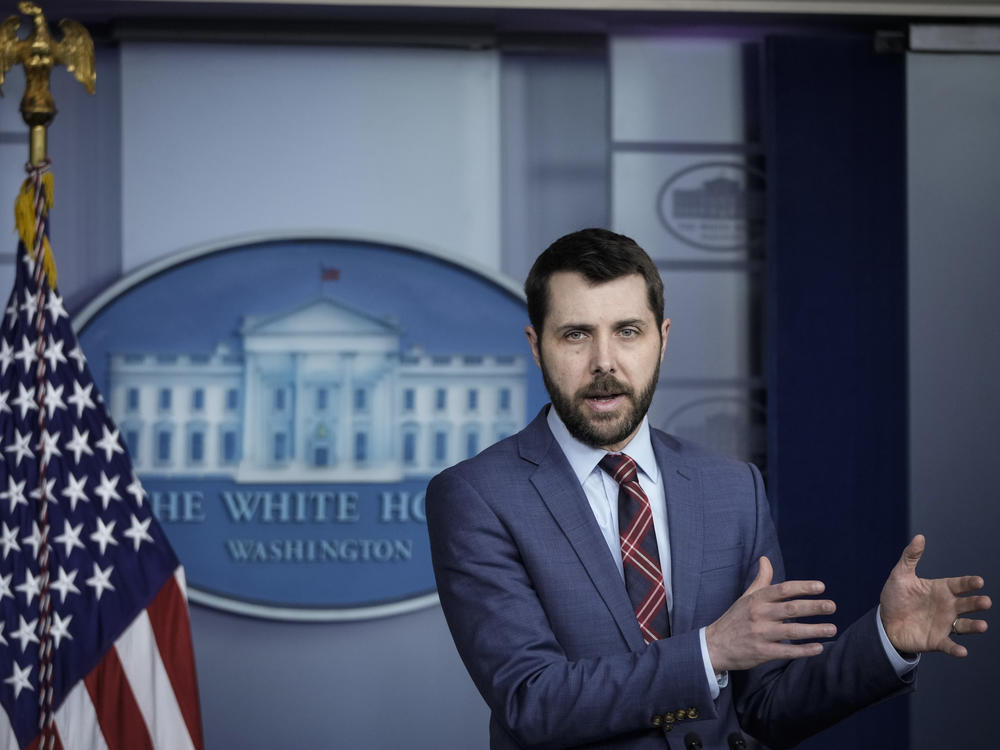Section Branding
Header Content
Biden Wants Millionaires To Foot The Bill For Big New Social Programs
Primary Content
On Wednesday night, President Biden will propose a plan for billions of dollars of new spending for childcare, education and paid leave, and he'll ask Congress to help pay for it by raising taxes on the wealthiest Americans when they sell stocks and other types of investments.
The proposal, which is certain to face resistance from Republicans and even some Democrats, calls for hiking capital gains taxes for those who make more than $1 million a year to fund what the White House is calling the American Families Plan.
"This will only apply to three-tenths of a percent of taxpayers, which is not the top 1%. It's not even the the top half of 1%," Brian Deese, the head of the National Economic Council, told White House reporters on Monday. "That's about 500,000 households."
Deese did not comment on how big a hike the White House wants to see in the tax, but some reports peg it as rising to 39.6% from the current 20% level.
Deese said increasing capital gains taxes for the wealthiest Americans will also help address what the White House views as inequities in the tax code. Deese argued that these top earners have been able to avoid higher tax rates because only about 30% of their income comes from wages.
Biden is supposed to unveil his families plan on Wednesday during a joint address to Congress. While details have not been officially released, the expansive proposal is expected to include funding for childcare, paid leave, community colleges and other measures.
Deese argued that the capital gains tax hike would not harm economic growth or investments. He said that research has not shown any connection between the capital gains tax rate and growth.
Biden has already rolled out a more than $2 trillion infrastructure plan that would be paid for with a corporate tax rate increase.
That plan is already facing pushback in Congress from lawmakers on both sides of the aisle, who believe it's too expensive.
Copyright 2021 NPR. To see more, visit https://www.npr.org.

